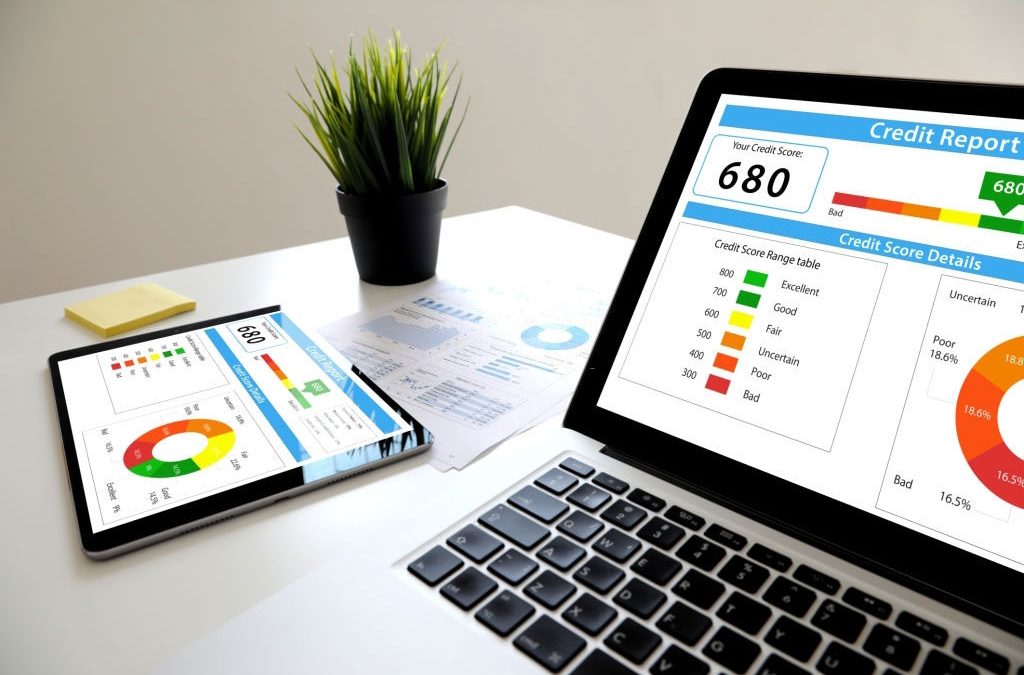Interpreting Your Credit Score. It really is quite complicated and most people don’t understand it completely. I hope that after reading this you’ll be better informed on the subject of how to interpret your credit score. Once you know how to read it, you can start contacting the credit bureaus to dispute anything that is incorrect.
One of the most common mistakes that Americans make is that they think that their credit scores are going to improve once they pay their bills on time or pay down a debt of twenty-five years or more. These false hopes and ideas are leading Americans in circles where they never need to go. Instead, they sit back and watch their credit scores slowly disappear over a period of several years.
If you’re not careful, you will notice that you start getting requests for new credit cards and loans whenever there are significant amounts of money owed. The thing that is confusing is that the requests come at all hours of the day and sometimes even at all hours of the week. Another confusion is that there are times when the credit score will begin to rise when payments are made on time and when accounts are closed. These things can easily be confused with an increase in balance, but if you are paying an account on time, then that is what it is – a drop in your credit score. So, all these things need to be kept in mind when dealing with these confusing changes in your credit scores.
On the other hand, there are times when your credit score does start going down and you will also have to deal with accounts that are close to being maxed out. This is because the late payment penalties on those accounts do not disappear and you may not be able to pay them off in a short period of time. In this case, you can expect that your credit report will show that you have many accounts that are in collections and that you are not paying on time.
When you are working with your credit score, keeping all these factors in mind is very important. Many lenders look at your payment history when they are computing for a loan, and your payment history is the number one factor when determining your interest rate. If you have a history of late payments, then you will most likely pay more in interest than someone who has a great payment history with no late payments recorded. This is the number one reason that many people get credit cards with extreme rates, knowing that when they use them, they will get into debt quickly.
This doesn’t mean that you can’t take steps to reverse this situation and that you can pay off your debt without any penalty. You can do this by getting copies of your credit reports from all three of the major credit bureaus. These reports will allow you to see your financial history in a clear and concise form that you can understand. Be sure that you find out what your score is when you get these reports so that you know how much of an impact it has on your score. The lower your score, the more interest rates you will be faced with when you get a loan. You want to try to keep your score within a certain range, as much as possible, in order to save money on interest costs on all your loans.
Once you know what your score is, you can take steps to improve your score. The credit bureaus offer many free resources on the Internet that can help you in interpreting your score and will even provide you with ways to improve it. There are also interactive tools available that will allow you to track your scoring, pay off any past due accounts, and see what lenders are requesting when you apply for loans.
Another good way to increase your score is by adding new credit accounts. The credit bureaus look at new credit accounts as a way of “testing” your credit history. Therefore, it’s a good idea to keep up with any new credit accounts you might have either by ordering them online or by calling the credit bureaus and asking them when new applications are available. When you are able to successfully add new accounts to your credit history, your overall score will increase.

